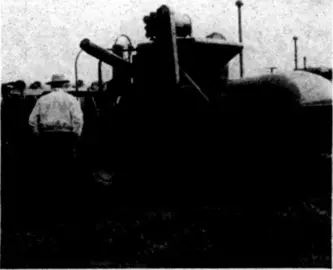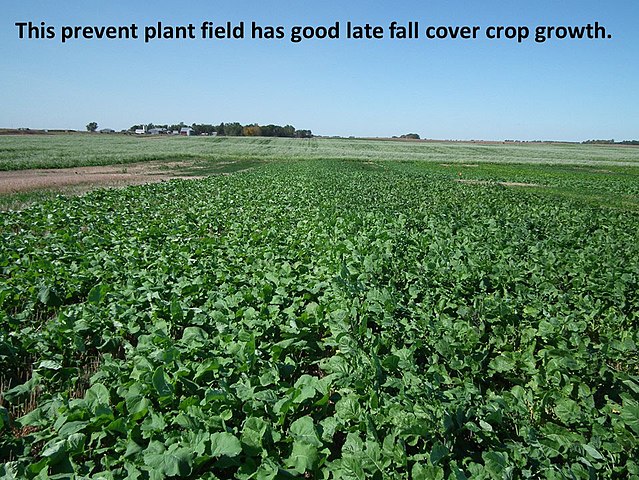The impact of the ongoing trade war between the United States and China has ricocheted across the American heartland, affecting agricultural states like South Dakota profoundly. As the soya bean harvest is underway, farmers in the region are grappling with financial insecurity due to slumping prices and increased global competition.
This crisis was triggered by President Donald Trump’s imposition of tariffs on Chinese imports, countered by China’s 20 percent duties on American soya beans. In 2024, the Chinese market constituted more than half of the $24.5 billion U.S. soya bean exports, but orders have plummeted by over 50 percent in value this year, leaving farmers in a state of turmoil.
The price of soya beans has dropped about 40 percent compared to three years ago. This price depreciation, compounded with additional threats of 100 percent tariffs on China, spells a difficult future for farmers. States like South Dakota, albeit less frequently spotlighted in national news, are experiencing some of the harshest impacts.
Historically, South Dakota’s economy has heavily relied on agriculture. The state’s fertile plains have been devoted to soybeans, corn, and wheat production. However, the ongoing trade war presents unprecedented challenges to local farmers, diminishing their profits and increasing their stress. South Dakota, like its Midwestern counterpart North Dakota, has seen these challenges heightened.

Scott Gerlt
Scott Gerlt, the chief economist of the American Soybean Association (ASA), described the current market situation as a near “four-alarm fire.” According to Gerlt, farmers in South Dakota are enduring escalating costs for equipment and supplies due to these tariffs. Prices for essential farming operations have surged, further eating into already thin profit margins.
In response to these economic trials, the U.S. government previously extended $23 billion to support farming communities hurt by the trade disputes from 2018 to 2019. Nevertheless, the aid fell short of compensating for the $27 billion in estimated export losses. As we face 2025, farm bankruptcies have risen by about 50 percent from the previous year, illustrating the depth of this crisis.
South Dakota farmers, while resilient, face growing competition from South American producers. Argentina, for example, has exploited the situation by suspending its export tax on soya beans, making its exports more appealing to China. This undercuts the once-dominant U.S. market position and places further strain on local producers.
Despite these challenges, hope remains among South Dakota’s farming community. Caleb Ragland, president of ASA, notes that while the situation is dire, there’s an opportunity for new trade negotiations that could eventually level the playing field. “These latest developments are deeply disappointing at a moment when soya bean farmers are facing an ever-growing financial crisis,” he admitted. Yet there is optimism that revisiting trade policies might bring some relief.

American Soybean Association
The future of South Dakota—and indeed the broader rural Midwest—depends on breakthrough policy changes. Presidential assurances of tapping tariff revenues to aid local farmers have yet to materialize into concrete plans. In the meantime, the farming industry waits, hoping for a swift resolution to trade tensions that have tested the resilience of communities across South Dakota.
With soya bean fields stretching across the state, farmers are doing their best to harvest amidst uncertain times. The voices from South Dakota’s agricultural heart echo the sentiments of many across the nation, calling for a solution that stabilizes the market and secures their livelihoods.
In closure, the need for an adaptive and strategic agricultural policy is critical. South Dakota’s agricultural legacy hangs in balance, a poignant reminder of the vital role policy plays in determining the economic fate of America’s farmers. As these discussions continue, a focus on sustainable and fair practices would best serve South Dakota, preserving its rich farming heritage for generations to come.
